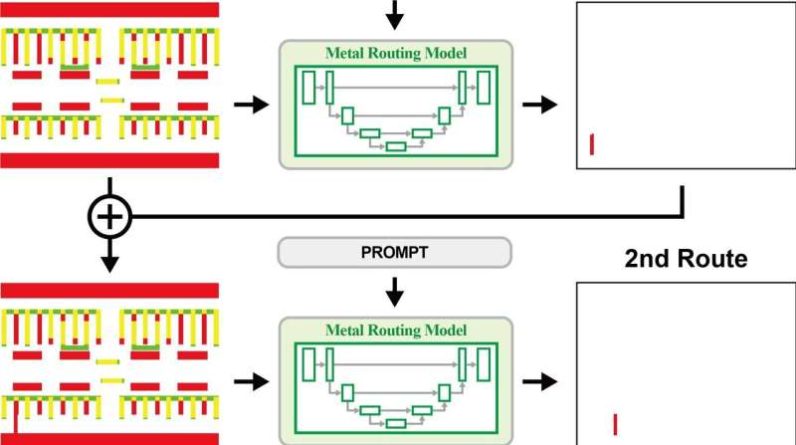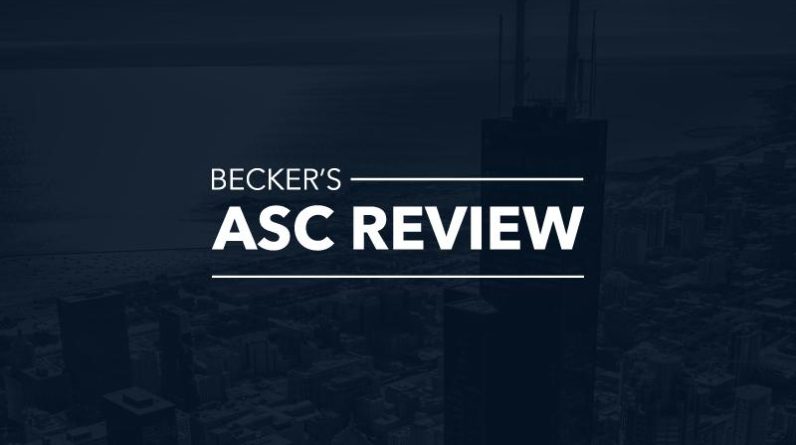
Vertical AI isn’t built on prompts – it’s built on proprietary data.
At the recent Milken Global Conference, K1’s Neil Malik shared why K1’s focus has always been on acquiring software businesses that are the ultimate system of record for their enterprise customers.
As leaders across finance, technology, and policy gathered last week in Los Angeles for the Milken Institute Global Conference, artificial intelligence remained a defining topic – with the dialogue shifting from future potential to real deployment across global industries.
We spoke with Neil Malik, Founder and CEO of K1, about how the firm is navigating this shift by investing in companies that sit at the intersection of proprietary data and AI-driven automation.
The enterprise software industry is undergoing a seismic transformation – and artificial intelligence is at the center of it. While many companies are experimenting with AI, the real winners will be those who integrate AI into mission-critical systems of record: platforms that hold proprietary, often regulated, data accessible only through their applications. These systems create a durable competitive advantage.
For Neil, this is more than just a thesis – it has been the foundation of K1’s investment strategy since the firm’s inception.
“Our companies are the systems of record for highly sensitive and, oftentimes, regulated data – and that’s what makes their AI capabilities so powerful,” Neil says. “When you pair proprietary, structured data with mission-critical applications, you can build AI and automation layers on top that aren’t just impressive – they’re trusted, targeted, and deeply embedded in the customer’s daily operations.”
By investing in AI-powered enterprise software, K1 is not just adapting to industry change – it’s helping shape the next generation of category leaders.
“Our portfolio companies are really benefiting from the recognition of the value of artificial intelligence, and large enterprise customers are now rushing to buy more modern platforms like the ones we offer. As a result, many of our companies are disrupting legacy incumbents.”
AI Is Driving Revenue – Not Just Efficiency
AI adoption in the enterprise is accelerating, but as Neil noted, K1’s portfolio companies are enabling Fortune 500 and Global 2000 businesses to keep pace. Built within the last 10–15 years, these companies are cloud-native by design, allowing them to adopt and deploy AI faster than many of their legacy competitors.
The data in these platforms is typically highly sensitive, difficult to move, and not suitable for public AI models. As a result, the embedded applications and automation built within these platforms are increasingly sought after to help unlock insights and value from that data.
Some of K1’s portfolio companies are seeing near 100% year-over-year growth in bookings tied to AI-powered products – a clear sign that AI is driving topline results, not just operational efficiency.
Vertical AI isn’t built on prompts – it’s built on proprietary data. That’s exactly where K1’s portfolio companies are focused – embedding AI on top of the critical data.
AI-Powered Product Innovation: Real-World Success Stories
Across the K1 portfolio, companies are advancing AI capabilities, particularly around agentic AI use cases that drive workflow automation and measurable productivity gains for customers.
Because many of these companies serve verticals such as financial services, legal, healthcare, and education, they are uniquely positioned to build domain-specific models. These models are trained on clean, compliant, and non-public data – deeply integrated with business-critical processes.
The Future of AI in Enterprise Software – and in Private Equity
For private equity firms focused on enterprise software, the landscape is changing.
“We’ve had an opportunity to see multiple cycles in the economy over the last 30 years. Our job is to seek predictable and repeatable ways of generating alpha for our clients in and out of these cycles – and we believe advancements in artificial intelligence allow us to accelerate our ability to do just that.”
That disciplined approach has helped K1 invest in over 250 software companies, making it one of the largest – and fastest growing – investors in small-cap enterprise software globally. According to sources close to the firm, K1 has had a record 18 months of liquidity, with 13 liquidity events in that time, including two in the last month.
Notable recent exits include GoCanvas (acquired by Nemetschek, FRA:NEM), Irwin (acquired by FactSet, NYSE:FDS), Axcient (acquired by ConnectWise, a Thoma Bravo company), and AppLearn (acquired by Nexthink).
Importantly, K1’s strategy has performed well even in a challenged exit environment. The firm has historically not relied on IPOs to generate returns – instead driving liquidity through strategic sales, even when public markets are quiet. As many in the industry grapple with distribution shortfalls, K1 expects to deliver additional realizations in 2025.
And while tariffs and geopolitical uncertainty have slowed decision-making in some sectors, these factors have not negatively impacted K1’s portfolio or deal velocity to date – a testament to the mission-critical nature of the software companies the firm backs.
K1 is now preparing to begin deploying additional capital, with over $1 billion of opportunities currently in exclusivity.





